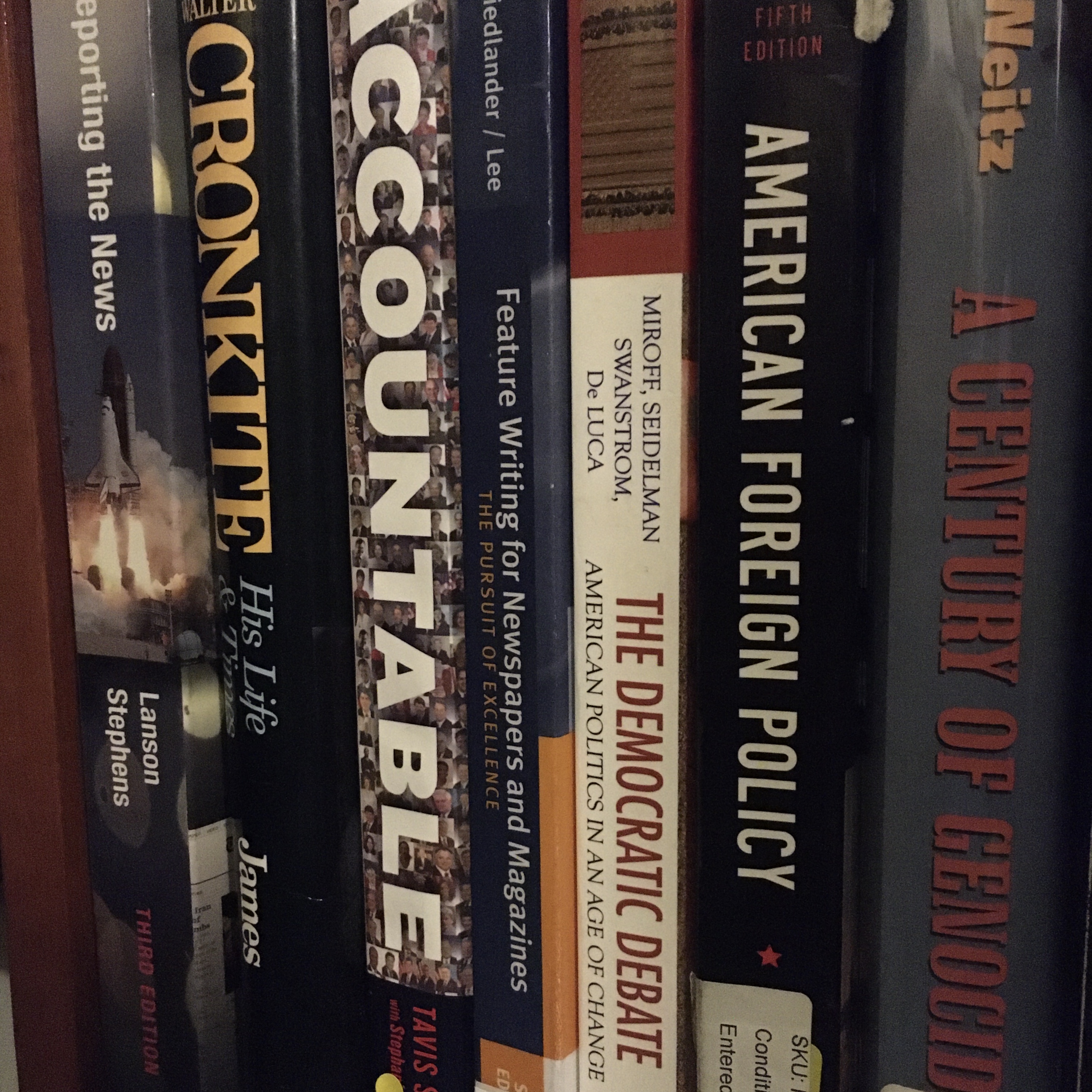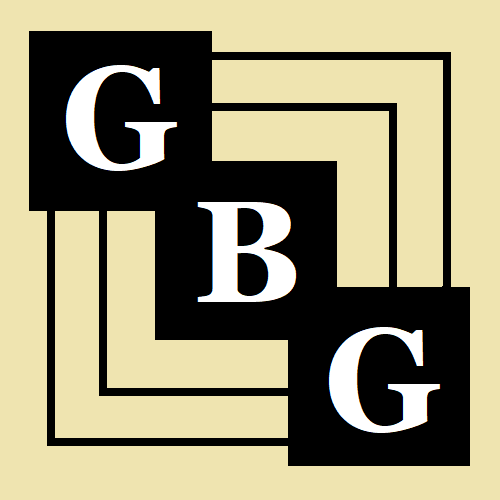Big Textbook: McGraw Hill, Cengage seek to monopolize required course material

As students across the country return to their colleges and universities, they’re met with an array of familiar things – the faces of old friends, the challenges of new classes, and wallets begging for mercy.
Mercy that the textbook industry isn’t giving.
Last May, two of the biggest U.S. textbook companies, Cengage and McGraw-Hill Education, proposed a merger between themselves to unite under the single name of McGraw Hill.
Such a merger, they claimed, would “usher in an era in which all students can afford the quality learning materials needed to succeed,” according to Cengage’s CEO, Michael E. Hansen.
“The new company will offer a broad range of best-in-class content – delivered through digital platforms at an affordable price,” Hansen said in a press release.
But for those of us who have actually taken courses using software from these companies, digital often only guarantees more dollars down the drain.
Because it’s never just an online version of the textbook we’re buying, rather it’s an entire program filled with homework questions and other assignments made to supplement the original class’s curriculum.
And that doesn’t come cheap, with access codes for these required programs often costing $100 or more. Given a course load of four classes all using them in the same semester and that’s nearly half the cost of a full extra course’s tuition.
Don’t want to pay? Well then, forget about your homework grade.
Yet, Cengage and McGraw-Hill insist that their merger will allow them to lower these costs as they combine their “complementary offerings” and work as one to expand “affordability initiatives” for college students, according to a website both companies now share.
But consumer advocacy groups and student organizations across the country aren’t buying their supposed goodwill.
Last July, a letter drafted by U.S. PIRG – Public Interest Research Group – and signed by student leaders from over 40 colleges, universities, and organizations was sent to the Department of Justice to denounce the proposed merger and highlight the shrewd business practices that such publishers have used in their pursuit of profits at students’ expense.
Specifically, “Cengage and McGraw-Hill’s efforts to remove cost-cutting options for students by undermining used book markets,” the letter stated.
Such markets are relied on by many to avoid the absurdly high price of buying new, but have been made difficult to use because of the frequent release of newer edition books by publishers – despite often carrying little meaningful difference between the previous copy.
And now, as publishers move to make their products “delivered through digital platforms,” as Cengage’s CEO suggested, they can potentially eliminate the used book market entirely.
This is because digital materials can only be bought new and cannot be re-sold.
The July letter, as well as another letter sent in August by the Scholarly Publishing and Academic Resources Coalition, both emphasized that the textbook market is “broken.”
The August letter further called it a “captive market,” dominated by three major publishers – Pearson Education, McGraw-Hill, and Cengage – who have a “blank check” to develop expensive materials without regard to the students who are coerced to buy from them.
A merger between the latter two publishers will only further break the textbook market as a duopoly between Pearson and McGraw Hill arises. For that reason, both letters urged the Department of Justice’s Antitrust Division to block the merger entirely.
Neither McGraw-Hill nor Cengage have displayed genuine concern over the costs that students have had to pay for their products in the past, rather they’ve only worked to twist the market in their favor.
There’s no reason to believe their attitudes will change by merging. It will only reinforce their ability to continue what they’re already doing now.
❱ Read this article on The Gatepost’s old website via Internet Archive »



